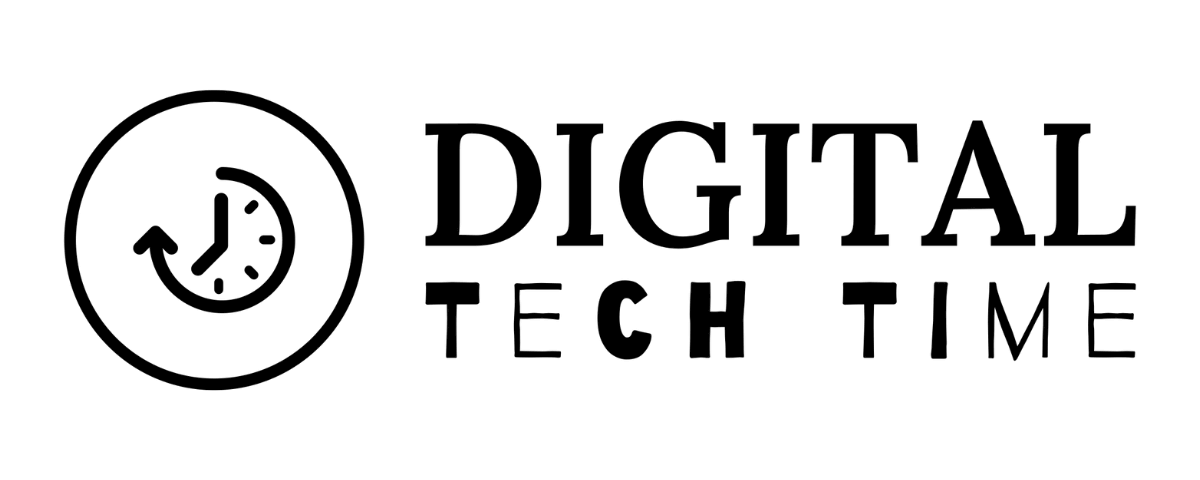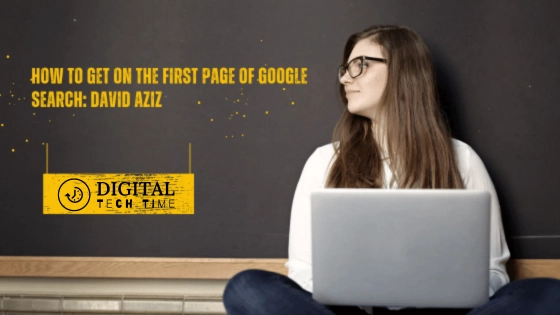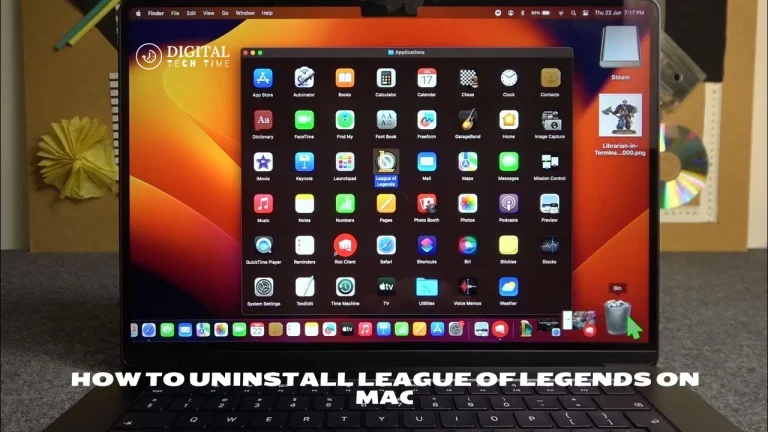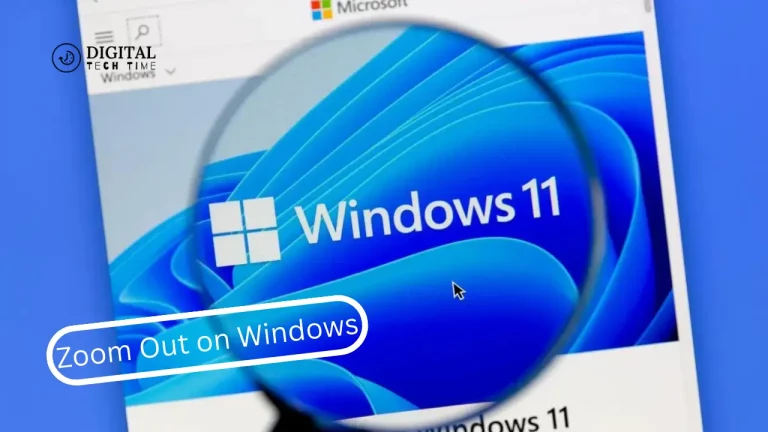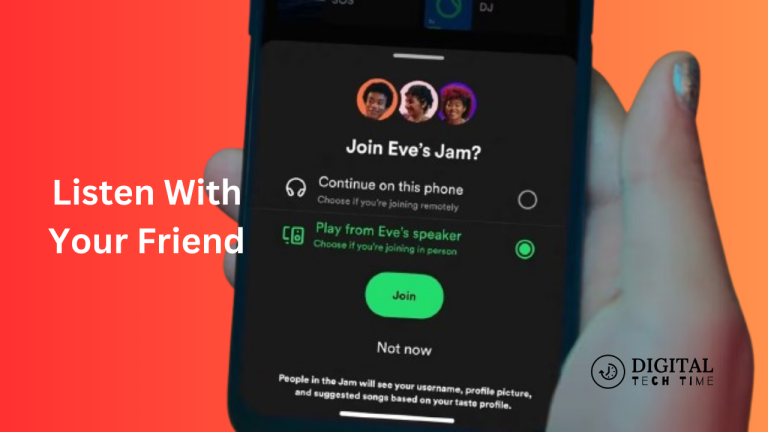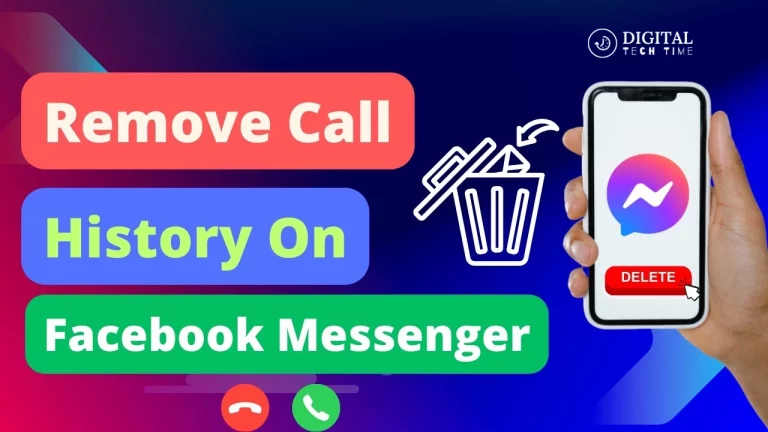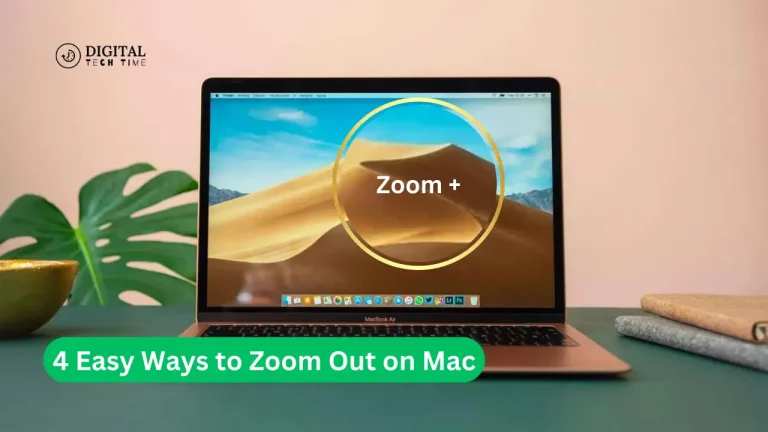How to Get on First Page of Google Search – David Aziz’s Tips
Whether a business, a blogger, or a marketer, each of them shares a common dream: to hit the first page of Google search results. At over 63,000 searches per second, competition is tough. First-page ranking means more exposure, traffic, and sales, but how do you rise above the crowd?
For more than ten years, David Aziz has been perfecting the art of getting any website onto the first page of Google. His strategies are data-driven and practical, not by fancy adjectives or hollow promises. The guide here should enable a detailed breakdown of David Aziz’s approach toward SEO and how one might apply it to a website.
Table of Contents
Why Most Websites Struggle to Rank on Google
Many websites fail to reach the first page of Google despite investing time and effort into SEO. The reasons are often rooted in common mistakes:
- Lack of Proper Keyword Research: Targeting the wrong keywords or not understanding user intent can lead to poor search rankings.
- Subpar Content: Thin, low-value content that doesn’t fully answer the user’s query is penalized by Google’s algorithms.
- Weak Backlink Profile: Your site may gain trust and authority with solid and authoritative backlinks.
- Technical SEO Issues: Problems like slow page load times, mobile unfriendliness, or improper indexing can prevent your site from ranking well.
Understanding these issues is the first step to overcoming them. David Aziz’s strategies address these pain points with actionable solutions.
David Aziz’s Proven Strategies for Ranking on Google’s First Page
David Aziz’s approach to SEO is built on a foundation of proven strategies that address the technical and creative aspects of ranking on Google. Let’s dive into these strategies in detail.
Keyword Research and Optimization
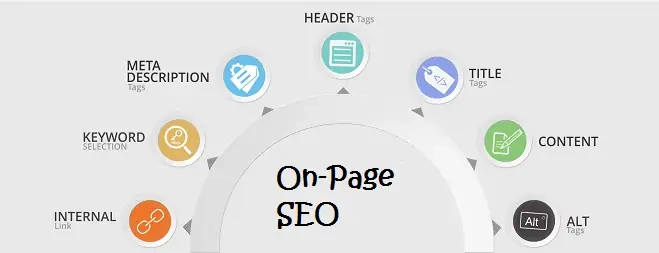
Importance of Keyword Research
Any SEO strategy should be built on keyword research. The central point that David Aziz emanates is the identification of specific high-volume, low-competition keywords that resonate more with the objectives of your business. Some tools include Ahrefs, SEMRush, and Google Keyword Planner.
Long-Tail Keywords for Better Targeting
Long-tail keywords, such as “how to get on the first page of Google search David Aziz,” are more specific and often less competitive than broad terms. By targeting these keywords, you can attract highly targeted traffic.
Matching Keywords to User Intent
Understanding search intent is the key to it. David Aziz says, “Match your keywords with user intent to ensure that your content answers what they’re searching for.” For example:
- Commercial Intent: “Buy shoes online”
- Informational Intent: “Types of shoe materials”
Create High-Quality, Engaging Content
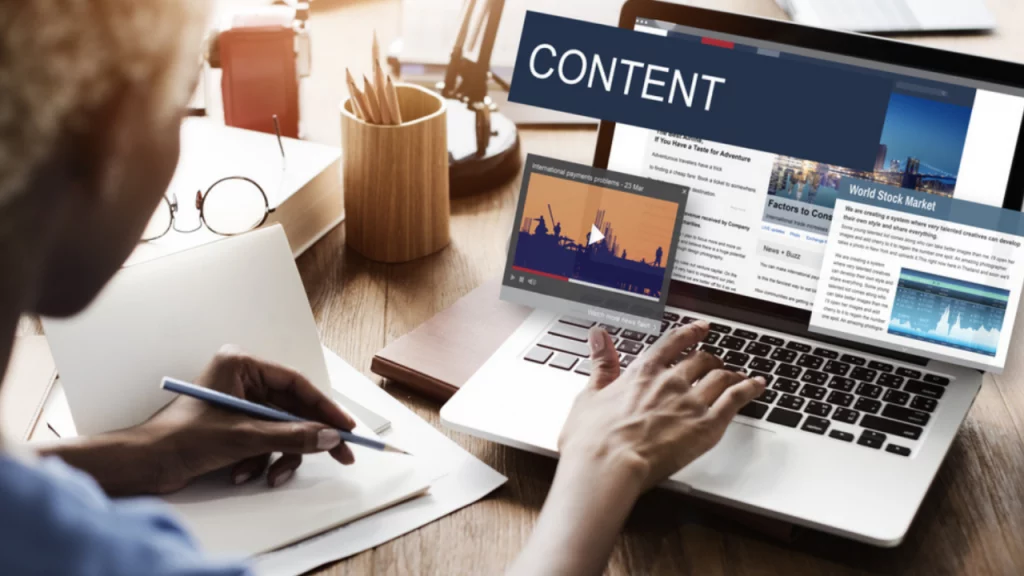
Why Content Quality Matters
Google will always give first place to content with real value to users, so thin, low-quality pages won’t cut it, suggests David Aziz. Moreover, he recommends focusing on content that is genuinely long and can quickly answer a user’s queries.
Incorporate Multimedia Elements
Add images, videos, and infographics to make the content more interactive; it increases on-page time. It is directly proportional to rankings. Studies have shown that pages with multimedia elements are 53% more likely to rank on the first page in Google.
Regularly Update Content
Content freshness is the next important ranking factor. Refreshing your articles from time to time with new info and insight will keep them relevant and helpful to users.
Optimize On-Page SEO Elements
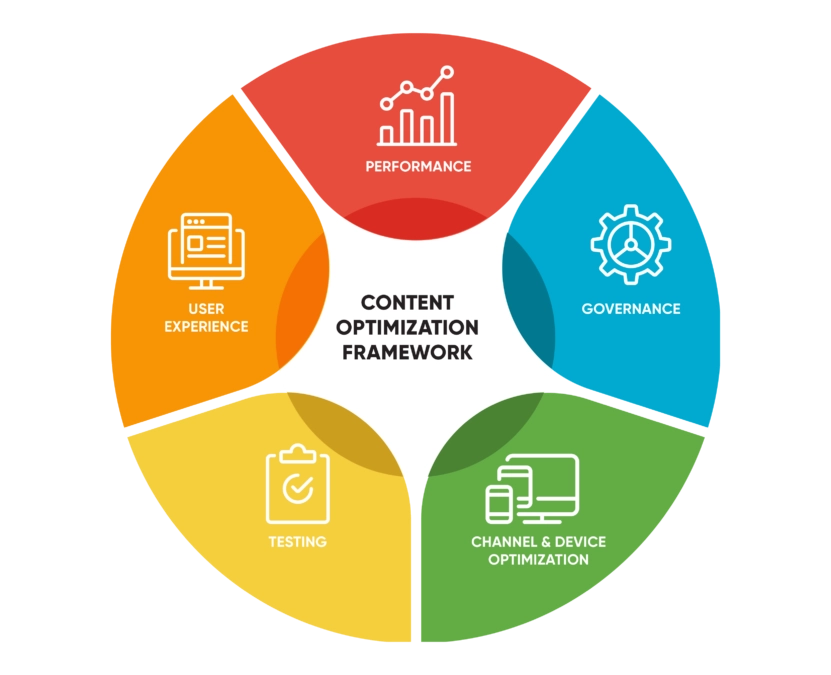
Title Tags and Meta Descriptions
Title tags and meta descriptions are important both for SEO and user experience. According to David Aziz, title tags should be short in character count and include your target keywords. The descriptions need to be descriptive, inviting the user to click through to your site.
Use Header Tags for Structure
Proper use of header tags (H1, H2, H3, etc.) helps organize your content and signals to Google what each section is about. Include your keywords in these headers for better optimization.
Internal Linking for Improved Navigation
Internal links help users navigate your site and distribute link equity across your pages. This not only improves user experience but also helps Google understand the structure of your site.
Build a Strong Backlink Profile
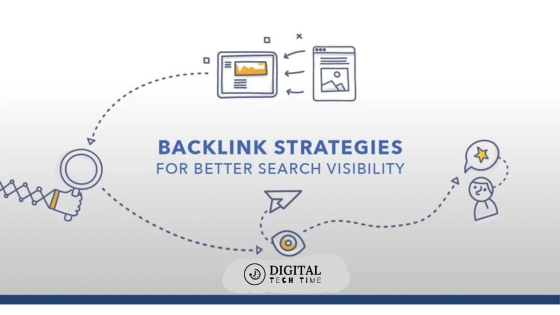
The Power of Backlinks
Backlinks from reputable sites signal to Google that your content is trustworthy and authoritative. However, not all backlinks are created equal. David Aziz recommends focusing on high-quality links from relevant niche sites.
Strategies for Earning Backlinks
- Guest Blogging: Contribute valuable content to authoritative sites in your industry to earn backlinks.
- Broken Link Building: Find broken links on other websites and offer your content as a replacement.
- Content Outreach: Reach out to influencers and bloggers in your niche to share your content.
Leverage Technical SEO
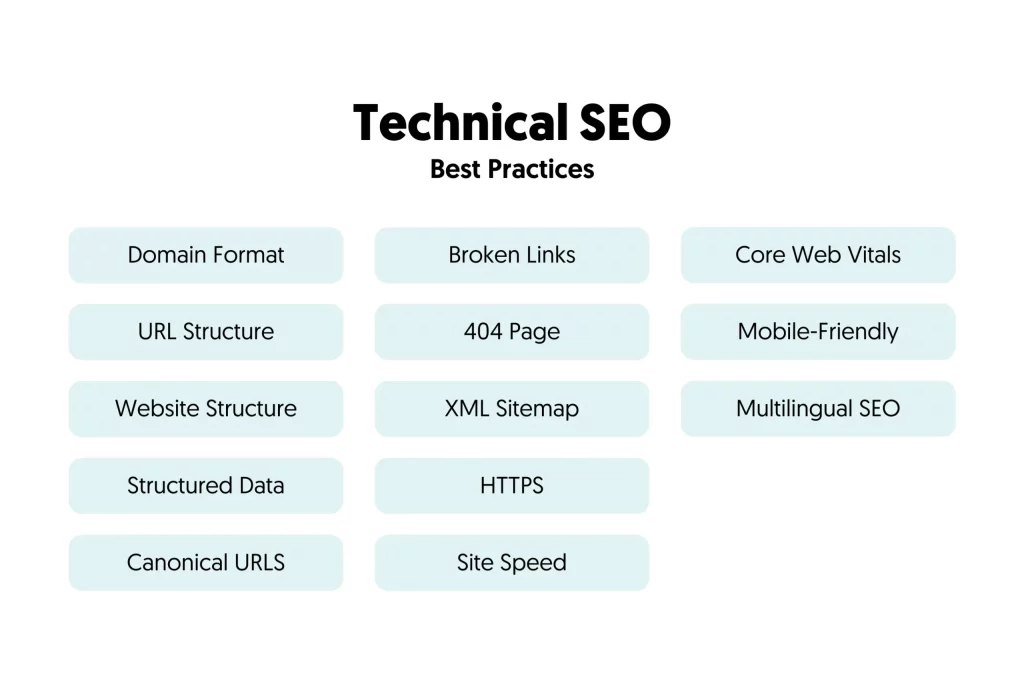
Importance of Technical SEO
Technical SEO is often overlooked but is critical for ensuring your site is crawlable and indexable by search engines. David Aziz stresses the importance of optimizing your site’s backend structure.
Key Technical SEO Elements
- XML Sitemap: Submit an XML sitemap to Google to help it crawl and index your site efficiently.
- Robots.txt File: Guide search engine crawlers on which pages to index and which to ignore.
- HTTPS Security: Secure your site with HTTPS encryption, as Google favours secure sites.
Optimize for Mobile and Website Speed
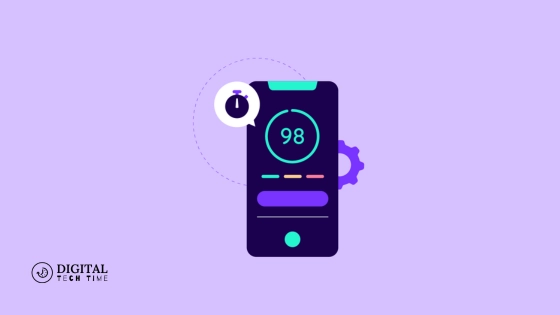
Mobile Optimization
With more than 60 percent of searches happening on mobile, having a mobile-friendly site is critical. Google will favor mobile-optimized sites, so ensure your pages are loaded quickly, and content is easily readable on small screens.
Accelerated Mobile Pages (AMP)
Implementing AMP can boost your mobile page loading speed, improve user experience, and enhance rankings.
Website Speed Optimization
Site speed is a ranking factor. Faster sites engage users better. David Aziz suggests image optimization, turning on compression, and reducing redirects to improve your site speed further. According to Google, just a 1-second delay in page load time can result in a 7% reduction in conversions.
Enhance User Experience (UX) and Engagement
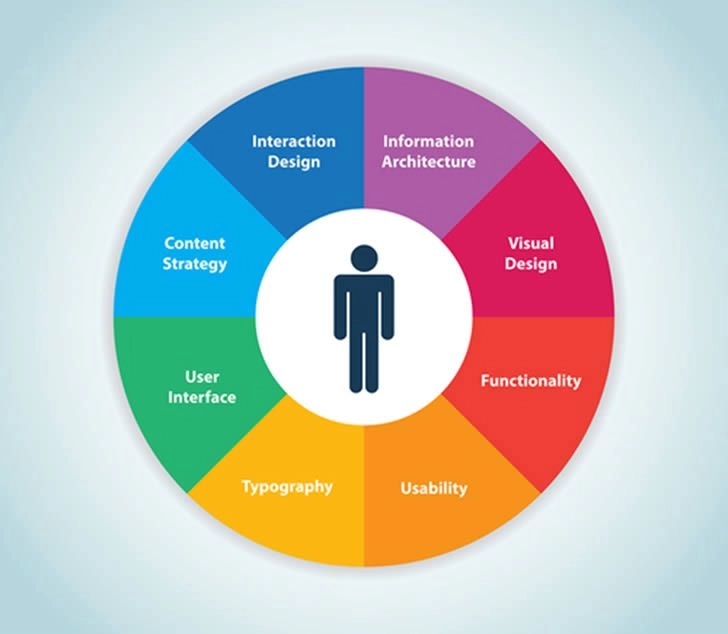
Why User Experience Matters
Google aims to provide the best possible experience for searchers, which means your site needs to be user-friendly. David Aziz suggests personalizing content, simplifying navigation, and optimizing page layouts.
Engagement Metrics
Metrics like time on site, pages per visit, and bounce rate influence rankings. Encourage visitors to explore your content through internal linking and related posts.
Utilize Social Media for SEO

The Role of Social Media in SEO
Good interaction on social media signals authority and relevance to Google. Optimize your social profiles with keywords and link back to your site. Sharing your content on social networks increases exposure to an audience that may link to it.
Social Engagement
Social shares and engagement are indicators of content quality. Encourage your audience to like, comment, and share your posts to boost visibility.
Stay Updated with Algorithm Changes
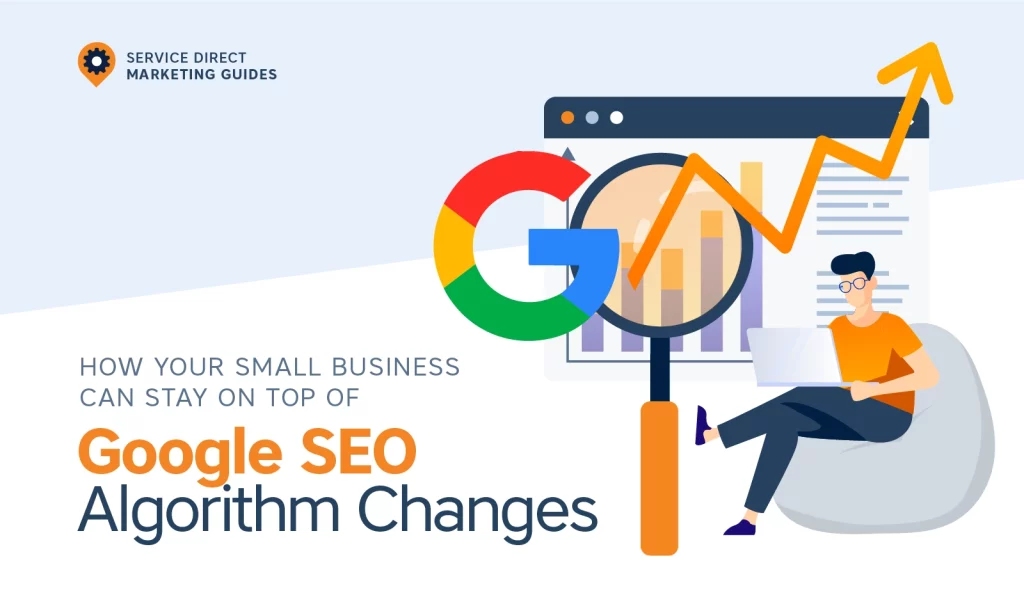
Google algorithms change continuously. Keeping up with these changes is one of the most important things you must do to maintain and increase your rankings. David Aziz suggests that following industry blogs, such as Search Engine Journal and Search Engine Land, is a great idea to keep up with these changes.
Build for Long-Term Success
Instead of trying to game the system, focus on building high-quality, user-focused content. This ensures your rankings remain stable, even when algorithms shift.
Related Post: Beginner’s Guide to WordPress SEO
Frequently Asked Questions
Q1: What are the key factors that Google considers for ranking websites on the first page?
Google ranks websites based on content quality, backlinks, mobile-friendliness, page speed, and user experience. David Aziz emphasizes that understanding these factors is essential for optimizing your site.
Q2: How important is keyword research in getting on the first page of Google?
Keyword research is crucial. David Aziz recommends focusing on long-tail keywords and matching them to user intent to improve your chances of ranking on the first page.
Q3: How can I build a strong backlink profile for better rankings?
Building a solid backlink profile involves earning high-quality links from authoritative sites. Strategies include guest blogging, broken link building, and content outreach.
Q4: What role does content quality play in achieving first-page rankings?
Content quality is a major ranking factor. Google favours in-depth, engaging content that provides value to users. Regularly updating your content is also essential.
Conclusion
Getting a first-page ranking on Google is not some overnight action; it involves diligent work, proper planning, and a good knowledge of SEO principles. David Aziz’s strategies provide an all-rounded roadmap that helps one navigate all the intricacies of search engine optimization. You will increase your chances of getting onto the first page by conducting detailed keyword research, developing quality content, optimizing on-page and technical SEO, and creating robust backlinks.
Remember, SEO is an ongoing process. Keep checking the performance of your website and be aware of all changes to the algorithm so that you can adapt accordingly. Only then will you see your website climb the search engine rankings, driving more traffic, generating leads, and leading to business success. It is time to implement David Aziz’s strategies and take the first step toward your SEO goals.
